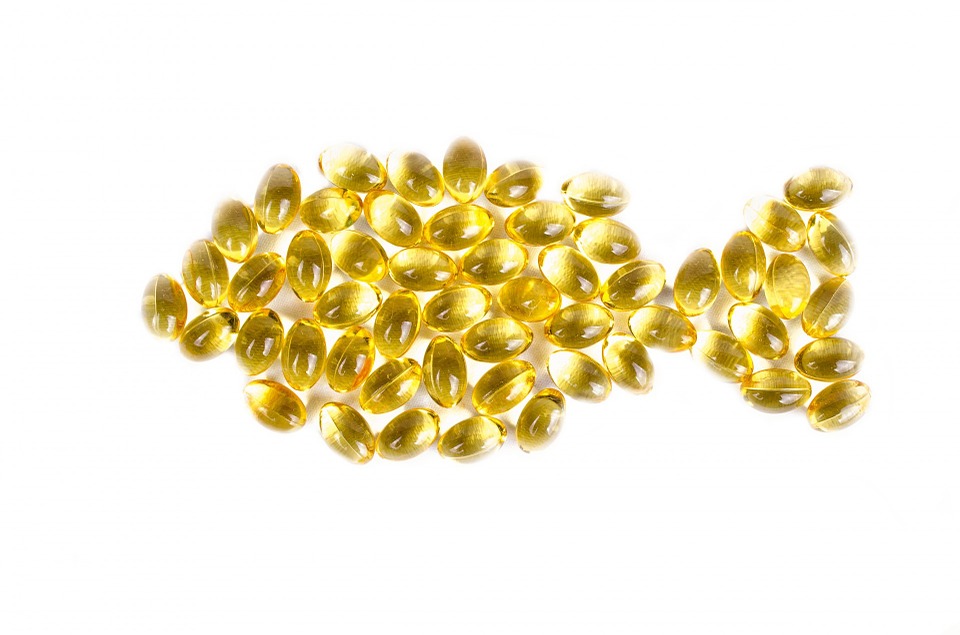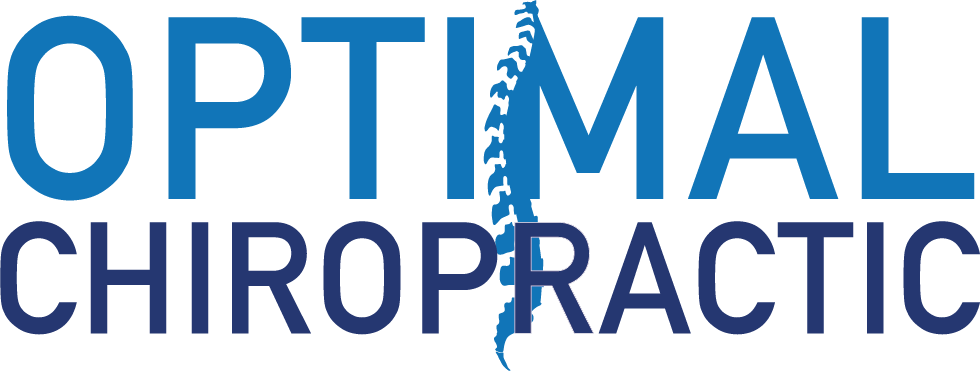BY: Colleen Crowe
Omega-3 and Omega-6 are two types of fat that are essential for human health. Omegas are provided to us through supplementation but can also be introduced into our diets through health food sources. Fatty acids play a crucial role in brain function, and normal growth and development.Omega-3 fatty acids help reduce inflammation, and some omega-6 fatty acids tend to promote inflammation. In fact, some studies suggest that elevated intakes of omega-6 fatty acids may play a role in complex regional pain syndrome. The average American’s diet tends to contain 14 to 25 times more omega-6 fatty acids than omega-3 fatty acids.
Omega-3 comes from both animal and plant sources. The primary animal sources are krill oil and fish oil. Marine animals provide eicosapentaenoic acid (EPA) and docosahexaenoic acid (DHA), which are mostly promoted for their protective effects on your heart. The primary plant sources are flaxseed, chia and hemp. Flaxseed, chia, hemp, and a few other foods, on the other hand, offer alpha-linoleic acid (ALA). The fish oil benefits include decreasing the risk of heart disease and stroke while also helping reduce symptoms of depression, hypertension, attention deficit hyperactivity disorder (ADHD), joint pain, arthritis and chronic skin ailments like eczema. Fish oil intake has also been associated with aiding the body in weight loss, fertility, pregnancy and increased energy. Prescription fish oil has even been approved by the FDA to lower unhealthy high triglyceride levels.
Omega-6 fatty acids are consumed in the diet from vegetable oils. Excessive amounts of these vegetable oils, or linoleic acids, can contribute to inflammation and result in heart disease, cancer, asthma, arthritis and depression, which is one reason you need to keep your consumption moderate. Cut back on fast food and processed foods in order to lower your Omega-6’s in your diet. However, Omega-6’s can still promote the stimulate of skin and hair growth. They also can maintain bone health, regulate metabolism and maintain the reproductive system.The best sources of omega-6 are seeds, nuts and grains and green leafy vegetables, like lettuce, broccoli, purslane and kale, and in certain raw vegetable oils. Care should be taken to use raw cold pressed vegetable oils because cooking destroys the benefits of the fatty acids.
In conclusion, it’s essential to have fish oils in our diet and we need to keep in mind the correct food sources to consume omegas in our diet. Fish oil supplements offer a variety of benefits and can help prevent some serious health issues. Most importantly, supplementing with fish oil will enhance your overall health.

